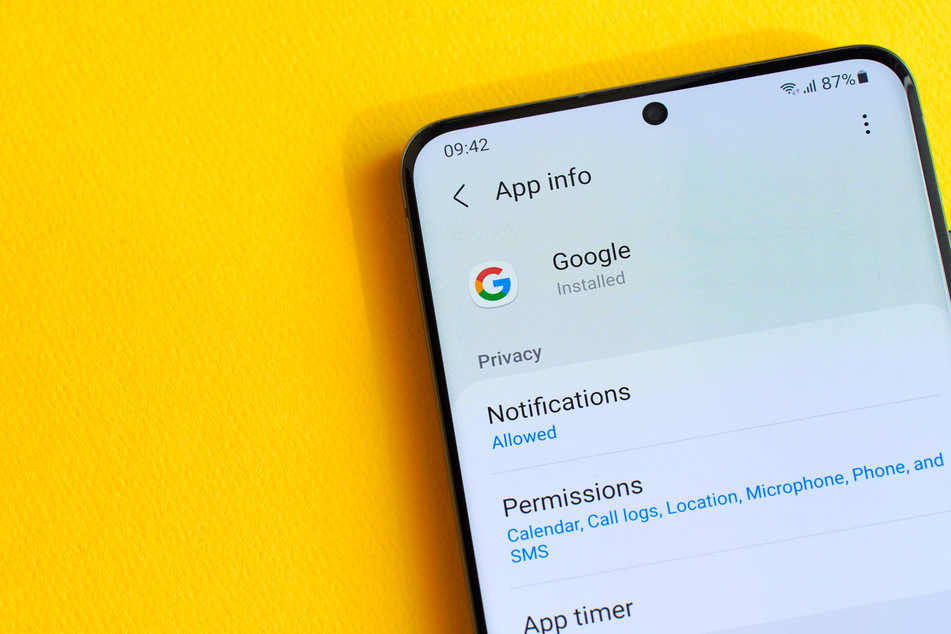Court documents reveal Google made it almost impossible to turn off location tracking
Mountain View, California - Newly revealed documents in an ongoing lawsuit against Google show that employees purposefully made it almost impossible to hide your location from the company, even if you chose to opt-out.

Thanks to the efforts of trade groups Digital Content Next and News Media Alliance, a judge ordered documents in a lawsuit brought by the Arizona attorney general against Google to be unredacted last week.
The filings make it clear that Google was using all of its weight to "suppress scrutiny of its data collection practices," according to Insider.
The documents show that Google experimented with making privacy settings easier to navigate in different versions of Android. However, when too many users began to opt-out of sharing their location with Google, the company made the settings harder to find.
Android Authority reported that one of their Pixel 4's running Android 12 beta doesn't even have the option to opt-out of sharing their location with Google at all.
The original lawsuit holds that Google used various methods to collect location data from users anyway, such as through third-party apps, despite users deliberately turning off the location tracking in their settings. That data is what fuels Google's massive ad revenue, and having too many people opt-out wouldn't be good for business.
One of the most shocking revelations came during a deposition with former Google Maps vice president, Jack Menzel, who confessed that the only way to hide your home and work locations from the company would be to set them as other locations.
"So there is no way to give a third-party app your location and not Google?" asked one confused employee in the documents. "This doesn’t sound like something we would want on the front page of the (New York Times)."
Cover photo: 123RF/dimarik16